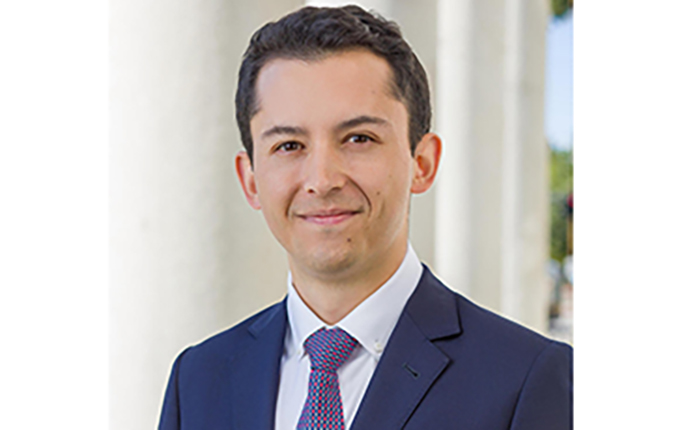Abstract
What are the regional and distributional consequences of government subsidies in credit markets? We provide theory and evidence to answer this question using detailed administrative data from Brazil. We build a dynamic spatial general equilibrium model with working capital constraints in which a government can subsidize credit across sectors and regions. We show that spatial linkages through trade, migration, and input-output relationships are crucial to understand the long-run consequences of such policies. Guided by the model, we evaluate the long-run sectoral and skill composition effects of a credit place-based policy in Brazil. We exploit the fact that treatment intensity varied discontinuously across a geological border. Using a dynamic regression discontinuity design, we find that, after the credit shock, treated municipalities become more agricultural-oriented and less skill-intensive. We estimate the model by matching the reduced-form moments and perform counterfactual simulations to evaluate the regional and distributional effects of credit subsidies. These simulations indicate that credit subsidies differentially increase welfare in richer regions with smaller effects on poorer ones. An alternative policy that improves bankruptcy procedures through court reform, decreasing the cost of credit in local labor markets, differentially improves welfare in poorer regions.


